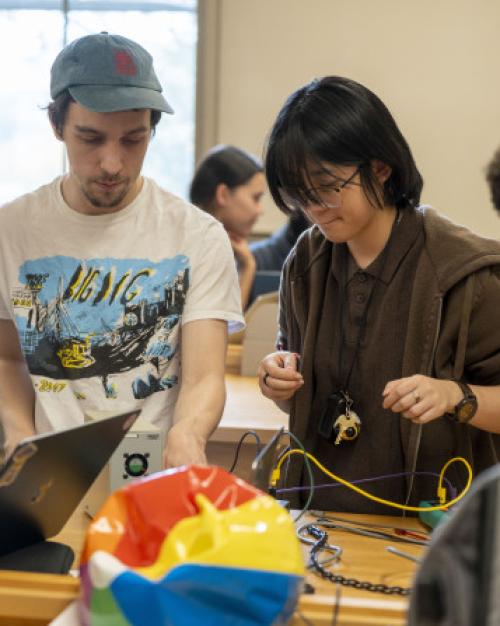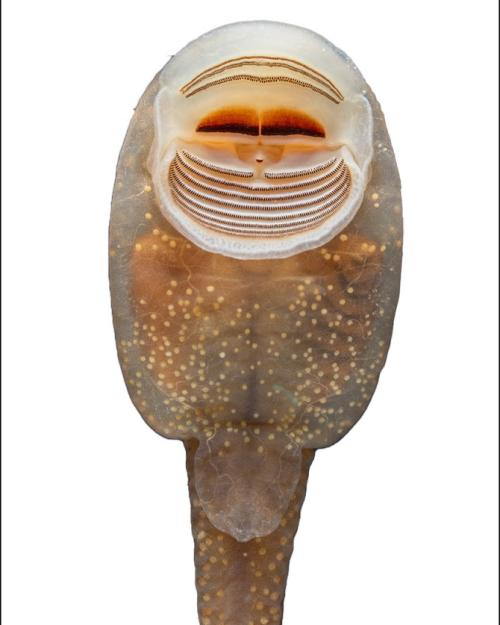Twelve Cornell and Weill Cornell Medicine faculty members – six of whom are also Cornell alumni – have been elected fellows of the American Association for the Advancement of Science (AAAS), the world’s largest general scientific society.
The association elected 506 new fellows in 2022, honoring their efforts to advance research and its applications in scientifically or socially distinguished ways. New fellows will be presented with an official certificate and a rosette pin of gold and blue, representing science and engineering, respectively.
The AAAS will organize an in-person gathering in Washington, D.C., in the spring to celebrate the newest fellows.
Cornell’s 2022 AAAS fellows:
Avery August, Ph.D. ’94, deputy provost, chair of the Presidential Advisors on Diversity and Equity and professor of microbiology and immunology in the College of Veterinary Medicine, was honored for his studies of the regulation of immune responses by intracellular signaling, leadership efforts to diversify Cornell faculty, and developing programs to mentor and support students for a STEM career. August’s lab studies the role of tyrosine kinases in the regulation of inflammation and anti-inflammation, and in T cell differentiation and memory development.
Michael Gore, Ph.D. ’09, Liberty Hyde Bailey professor and professor of molecular breeding and genetics for nutritional quality in the Plant Breeding and Genetics Section in the School of Integrative Plant Science, in the College of Agriculture and Life Sciences (CALS), was honored for distinguished contributions to the field of genetics and genomics, particularly for investigating genetic diversity and identifying genes and alleles for genetic improvement of crop nutritional quality. Gore uses quantitative genetics, genomics, analytical chemistry and remote sensing to elucidate the genetic basis of complex trait variation in various crops.
Drew Harvell, professor emerita of ecology and evolutionary biology (CALS), was honored for distinguished contributions to the fields of ecology and oceanography, particularly for increasing our understanding of disease resistance in marine invertebrates and impacts of climate change, and communicating these findings in award-winning books, including 2019’s “Ocean Outbreak.” Harvell, recently named a U.S. Science Envoy by the Department of State, focuses her research on sustainable marine biodiversity and the ecology of the oceans’ host-pathogen interactions.
Haym Hirsh, professor of computer science in the Cornell Ann S. Bowers College of Computing and Information Science, was recognized for contributions in machine learning, user modeling and recommendation systems, and extensive service to the AI community. Hirsh’s research has focused on foundations and applications of machine learning, data mining, information retrieval and artificial intelligence, especially targeting questions that integrally involve both people and computing.
Shaoyi Jiang, Ph.D. ’93, the Robert Langer ’70 Family and Friends Professor in the Meinig School of Biomedical Engineering, in Cornell Engineering (ENG), was honored for distinguished contributions to molecular engineering of materials, particularly for designing biocompatible and environmentally benign zwitterionic materials for control of biofouling. Jiang’s research focuses on functional zwitterionic materials for biomedical and engineering applications, and targeted drug delivery systems for pharmaceutical applications.
Lena Kourkoutis, M.S. ’06, Ph.D. ’09, associate professor in the School of Applied and Engineering Physics (ENG), was honored for distinguished contributions to the field of condensed matter physics, particularly for the development of new electron microscopy techniques. Her research group focuses on understanding and controlling nanostructured materials, from quantum materials to materials for energy to biomaterials. They have developed new cryogenic microscopy techniques to gain access to low temperature electronic states and to study processes at liquid/solid interfaces in energy devices.
Dr. David Lyden, the Stavros S. Niarchos Professor in in Pediatric Cardiology and a professor of cell and developmental biology at Weill Cornell Medicine, was recognized for distinguished contributions to cancer metastasis and exosome biology, particularly for the discovery of the pre-metastatic niche and the role of exosomes in organotropic metastasis and early cancer detection. Lyden is also director of the Physician Scientist Training Program at Weill Cornell Medicine.
David Muller, Ph.D. ’96, the Samuel B. Eckert Professor of Engineering in the Department of Applied Engineering and Physics (ENG), was recognized for distinguished contributions to the field of electron microscopy. Muller’s current research interests include the atomic-scale characterization and control of matter for applications in energy storage and conversion, and development and commercialization of new electron imaging methods.
Lois Pollack, the John Edson Sweet Professor of Engineering in the School of Applied Engineering and Physics (ENG), was honored for distinguished contributions to the field of biophysics, particularly for the development of new techniques to study time-resolved behavior of biological molecules. Pollack’s research focuses both on the development of experimental tools that enable novel, time-resolved studies of proteins, DNA or RNA, and on electrostatic interactions in RNA and DNA.
Abraham Stroock ’95, the Gordon L. Dibble ’50 Professor in the Smith School of Chemical and Biomolecular Engineering (ENG) and director of the Center for Research on Programmable Plant Systems (CROPPS), was honored for distinguished contributions to the understanding of the dynamics of physical and chemical processes on micrometer scales, particularly involving water management in plants and its impact on agriculture. The Stroock lab focuses on manipulating dynamics and chemical processes on micrometer scales.
Harel Weinstein, the Maxwell M. Upson Professor of Physiology and Biophysics and director of the HRH Prince Alwaleed Bin Talal Bin Abdulaziz Alsaud Institute for Computational Biomedicine at Weill Cornell Medicine, was recognized for creative leadership and distinguished scientific contributions to computational molecular biophysics of molecular machines at the membrane and computational biomedicine. Weinstein’s lab studies the structural, dynamic and electronic determinants of biological processes underlying physiological functions. Weinstein is a faculty member in the Tri-Institutional Ph.D. Program in Chemical Biology at Weill Cornell Medicine.
Fengqi You, the Roxanne E. and Michael J. Zak Professor in Energy Systems Engineering in the Smith School of Chemical and Biomolecular Engineering (ENG), was honored for major fundamental contributions to advanced computational models, optimization algorithms and multi-scale systems analytics tools for chemical processes, energy systems and sustainability. You’s research focuses on the fundamental theory and methods in systems engineering and artificial intelligence, as well as their applications to smart manufacturing, digital agriculture, quantum computing, energy systems and sustainability.
AAAS, founded in 1848, comprises more than 250 affiliated societies and academies of science, serving 10 million individuals. The first AAAS fellows were elected in 1874.





